The Golden Ticket to Identity Theft, Watch and Earn, Burglary Breach, and Term Deposit Deception

The Cyber Sushi
(serving up the cold facts, with some phish bytes)
Welcome back! Here's what we are covering in this issue…
- Driver Licences: Why Criminals Love Them
- Behind the Mask - a Guide to New and Trending Scams

Driver Licences: Why criminals love them
Your driver license is a prime target for identity thieves, with over 23,000 cases reported to IDCARE in 2023. This was from people who had discovered their driver licence was being used by criminals.
For IDCARE clients who have had their driver’s licence compromised, the risks they face can be devastating – from unauthorised access to their hard-earned cash, credit applications in their name, sim swapping or phone porting – even traffic fines belonging to someone else!
Why are Driver Licenses so vulnerable?
Here are a few reasons your driver licence is the number one credential targeted by scammers:
They’re used everywhere: Your driver licence serves as proof of identity in multiple scenarios, from renting a car to opening a bank account.
Personal Information: Driver licences contain critical personal data like name, address, and date of birth, making them a treasure trove for identity thieves.
Lack of Awareness: Many are unaware of the risks associated with their driver licences, including how a stolen or forged licence can lead to identity theft.
Your Driver Licence and data breaches?
Did you receive a notification letter in one of Australia’s major data breaches telling you your driver licence was compromised in the cyber-attack?
Research by IDCARE analysts in an exclusive subscriber report found data breaches in the 12 months between January 23 and February 2024 were associated with the most cases of compromise reported to our national support service!
It is why it is so important you don’t ignore notification letters and, if you are being informed your driver licence was compromised, be sure to take the appropriate steps to fix it!
Digital Driver licences: Friend of Foe:
Digital driver licenses are currently available in four Australian states: South Australia, Queensland, NSW and Victoria. The secure and safety of digital driver licences are largely dependent on their design and implementation with the NSW version including noteworthy safety features.
However, digital driver licences can’t be use everywhere yet, with some banks not accepting the digital version as a proof of identity.
Watch our IDCARE Learning Centre video for a full explanation of where they are available and how they are used IDCARE How to videos.
How do I protect my driver licence?
- Exercise Caution: Share driver licence information only when necessary and with trusted individuals. Don’t share it on social media!
- Minimise Risks: Consider obscuring licence and card numbers if shared as collateral.
- Secure Deletion: Promptly remove digital correspondence containing sensitive information, ensuring to permanently erase deleted emails for added security.

Behind the Mask - a guide to new and trending scams
Watch & Earn
A trending scam has emerged on WhatsApp, offering easy money for watching and liking YouTube videos. Unsolicited messages promise substantial payments for what seems like a simple task, drawing users in with the allure of quick earnings. However, the scam unfolds in stages, beginning with nominal payments for watching sample videos to build trust. Victims are then redirected to messaging apps like Telegram, where they're coerced into paying upfront fees with promises of lucrative returns. Unfortunately, once the payment is made, the scammers vanish.
OUR TIPS
Be cautious of unsolicited messages from unknown numbers offering high payments for simple tasks. Refrain from moving communications to platforms like Telegram and never agree to pay upfront fees for promised rewards. If you find yourself caught in this situation, cease all communication, block the scammers, and report the incident to the authorities. Additionally, take steps to protect yourself online by adjusting privacy settings and enabling two-factor authentication on your social media accounts. Finally, spread awareness by warning friends and family about the scam to prevent further victims from falling prey to this scam.
Burglary Breach
During a home invasion or mail theft, people often encounter subtle signs indicating potential identity theft. These signs may include unexplained banking activity like notifications for unfamiliar accounts or receiving new bank cards unexpectedly. Suspicious transactions or irregular credit activities may also occur, along with unexpected correspondence for services or products not authorised. The loss of important identification documents, unsolicited communications from companies, and irregularities in credit reports further emphasise the potential threat. Difficulty accessing regular accounts may also indicate unauthorised changes made by identity thieves, underscoring the need for vigilance.
OUR TIPS
Secure your personal documents in a safe location to prevent unauthorised access and ensure the secure disposal of sensitive papers by shredding or destroying them before discarding. Enhance the security of your letterbox to prevent mail interception, considering alternatives like a PO box for added protection. Find out more about identity theft following the loss or theft of credentials in our Learning Centre IDCARE Fact Sheet - Physical Theft of Credentials.
Term Deposit Deception
Last month, our clients lost $5.5 million to scams targeting fixed term deposits. These scams involve impersonators posing as legitimate banks, offering fake 'low-risk' investments. Victims, searching online for secure long-term options, are easily deceived by these convincing frauds. In one case, a victim received a call from someone claiming to be from ING during their online search for a term deposit. They then received emails requesting fund transfers and personal documents. After transferring $1.5 million across four transactions, they were given access to a portal. But when they tried to log in from another device, they realised it was a scam.
OUR TIPS
Independently verify any investment offers, especially if they appear too good to be true, and cross-check details with official sources. Remain sceptical of surprise investment offers and requests for personal information, especially copies of identification documents. Before making significant investments, discuss them with trusted individuals such as family members, financial professionals, or bank representatives. Carefully scrutinise account details for any signs of suspicious activity, ensuring they align with those of licensed investment providers. Conduct thorough research on companies online, verifying their legitimacy, checking for any scam or impersonation warnings, and confirming their licensing to offer investments. Learn more about investment scams in our Learning Centre IDCARE Fact Sheet - Investment Scams.
Contact IDCARE
As always our free service for individuals is available on:
AU: 1800 595 160 or NZ: 0800 121 068 (there is no call charge)
Join the global list of organisations making a real difference in people’s lives by supporting our service.

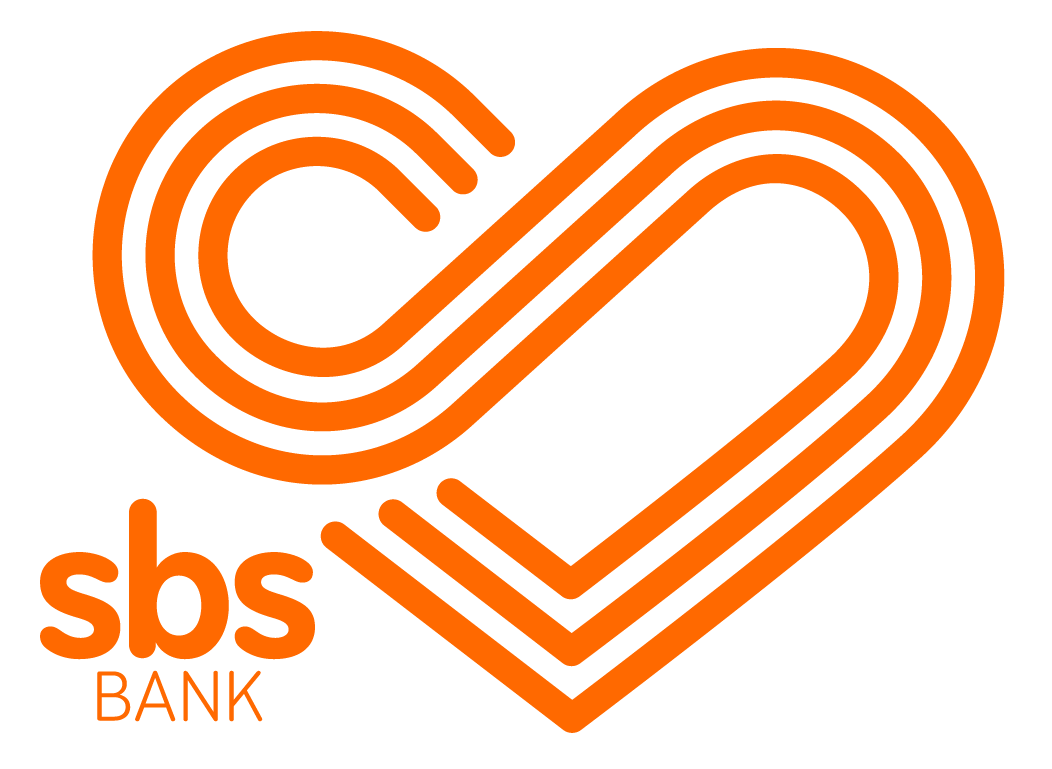


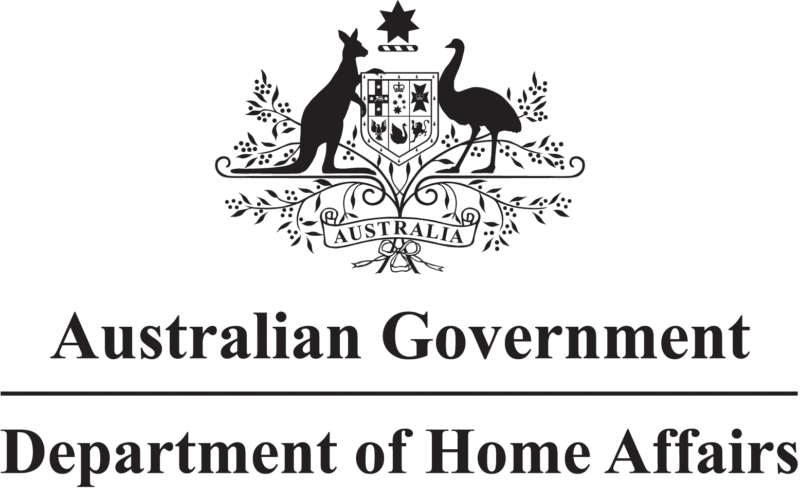
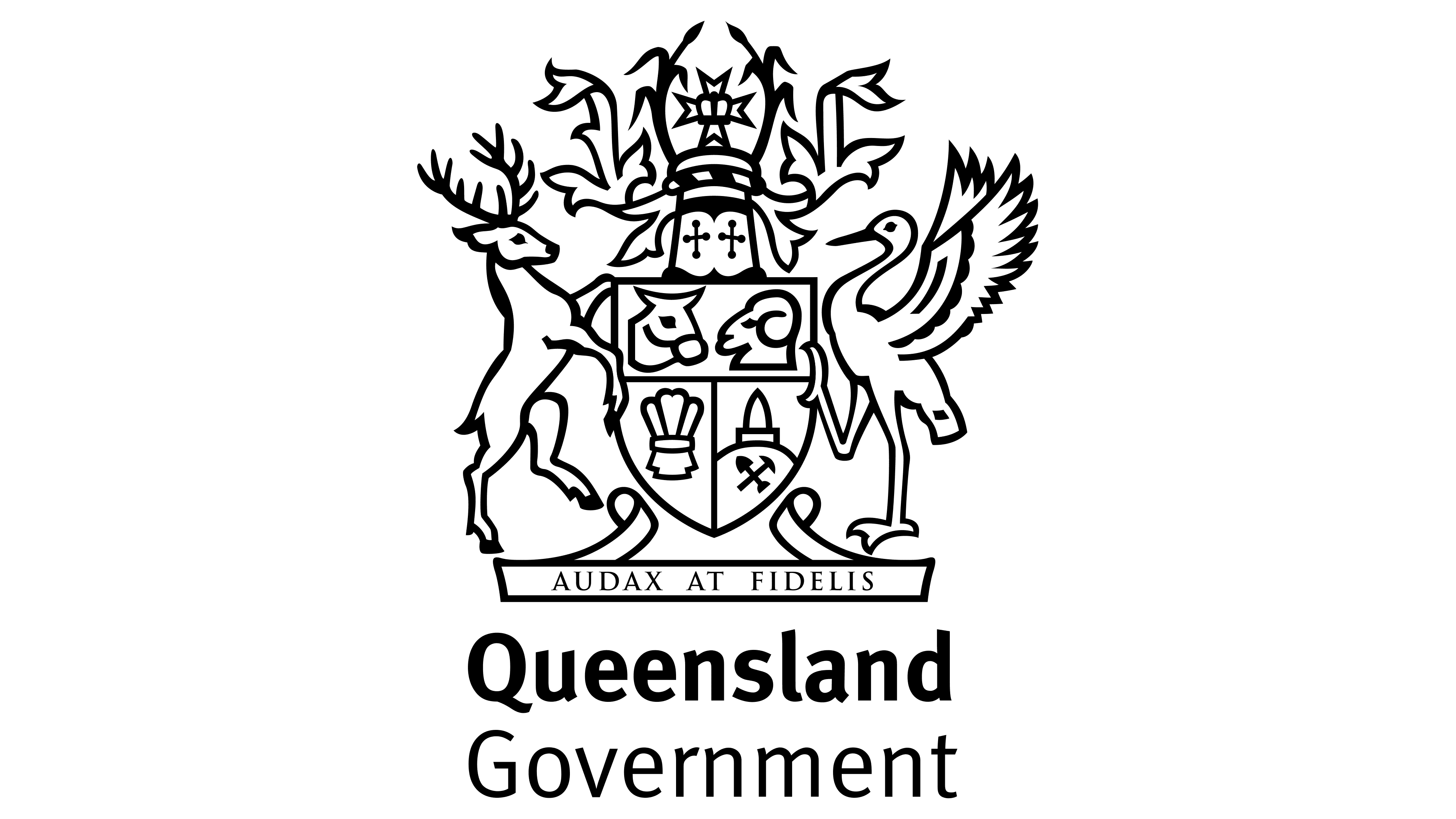




























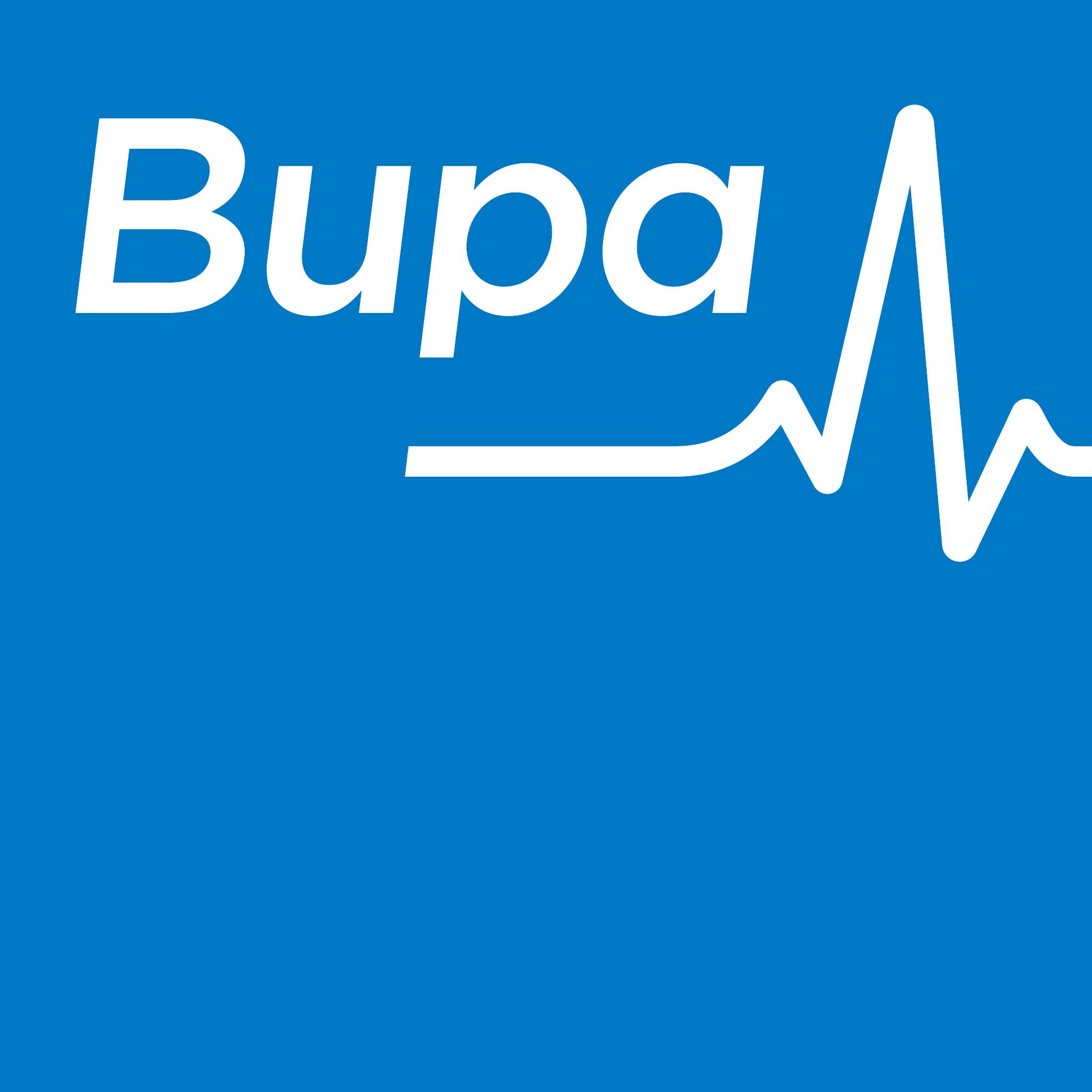
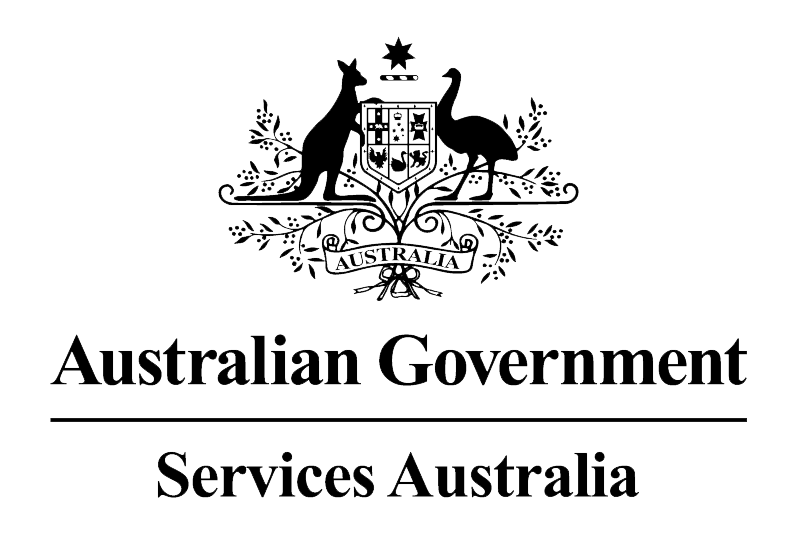




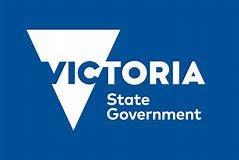

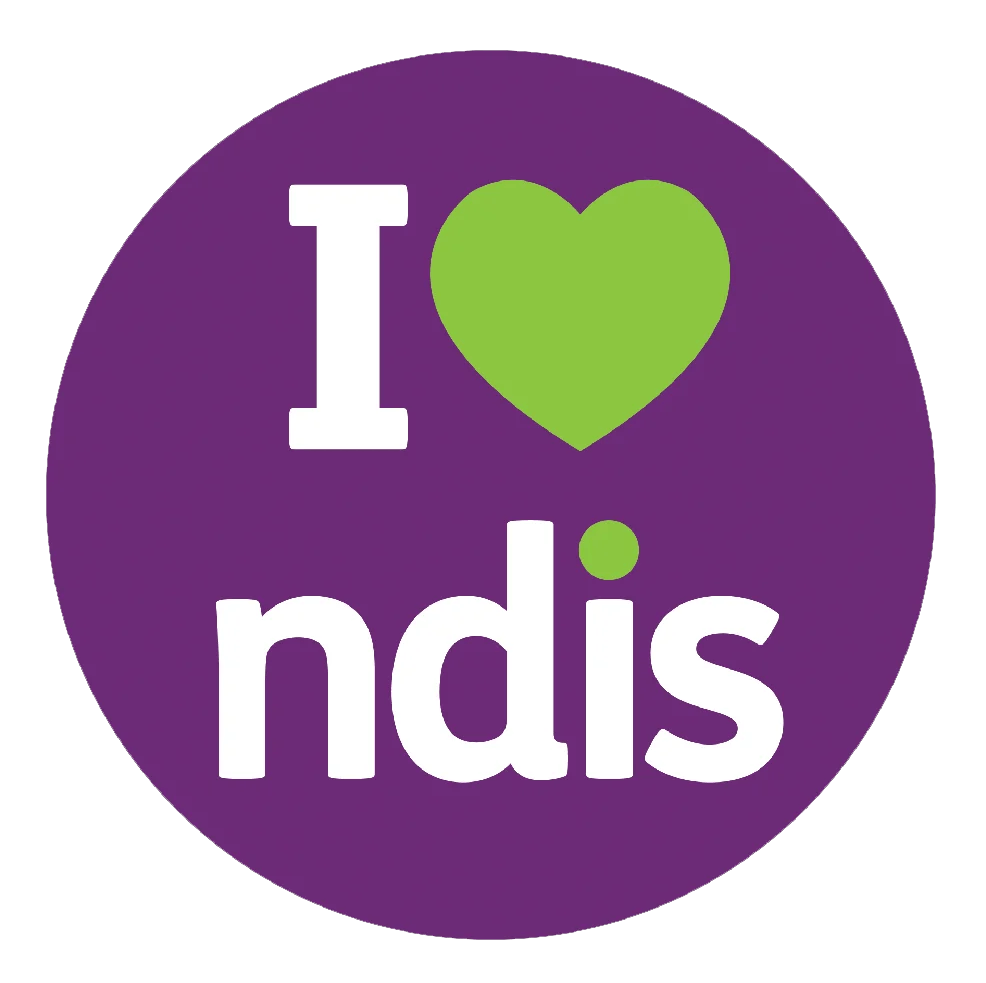





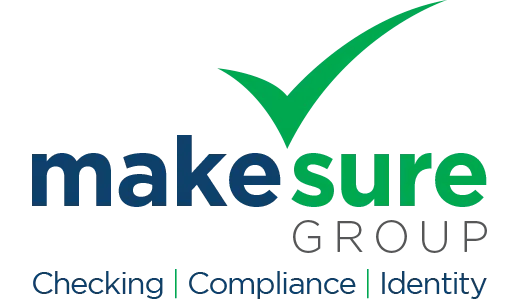




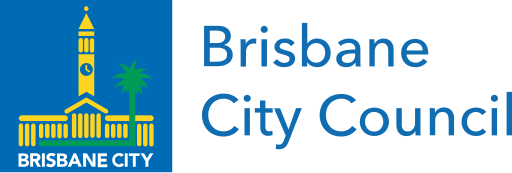
Copyright © 2025, IDCARE. All Rights Reserved.
ABN 84 164 038 966








